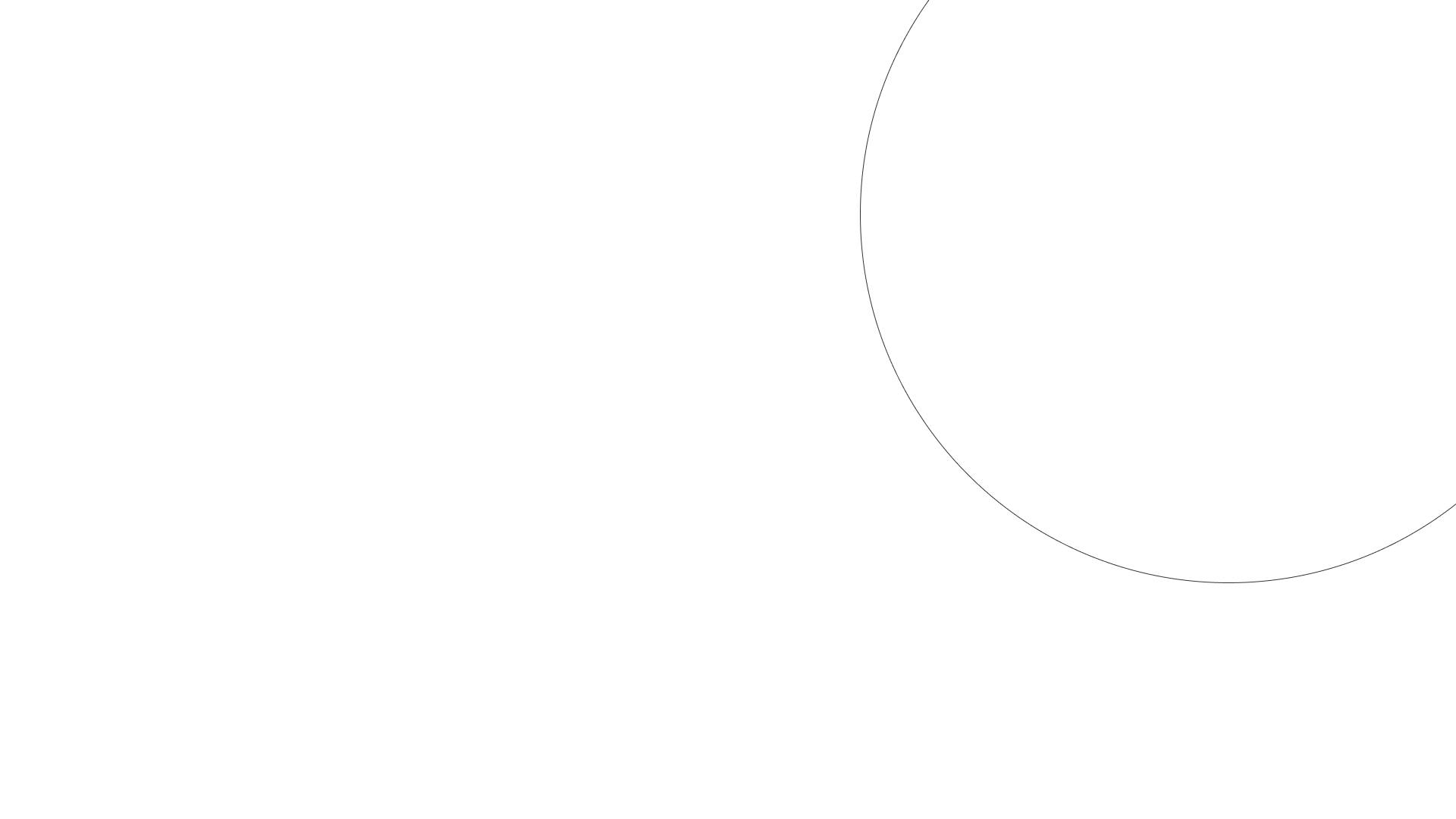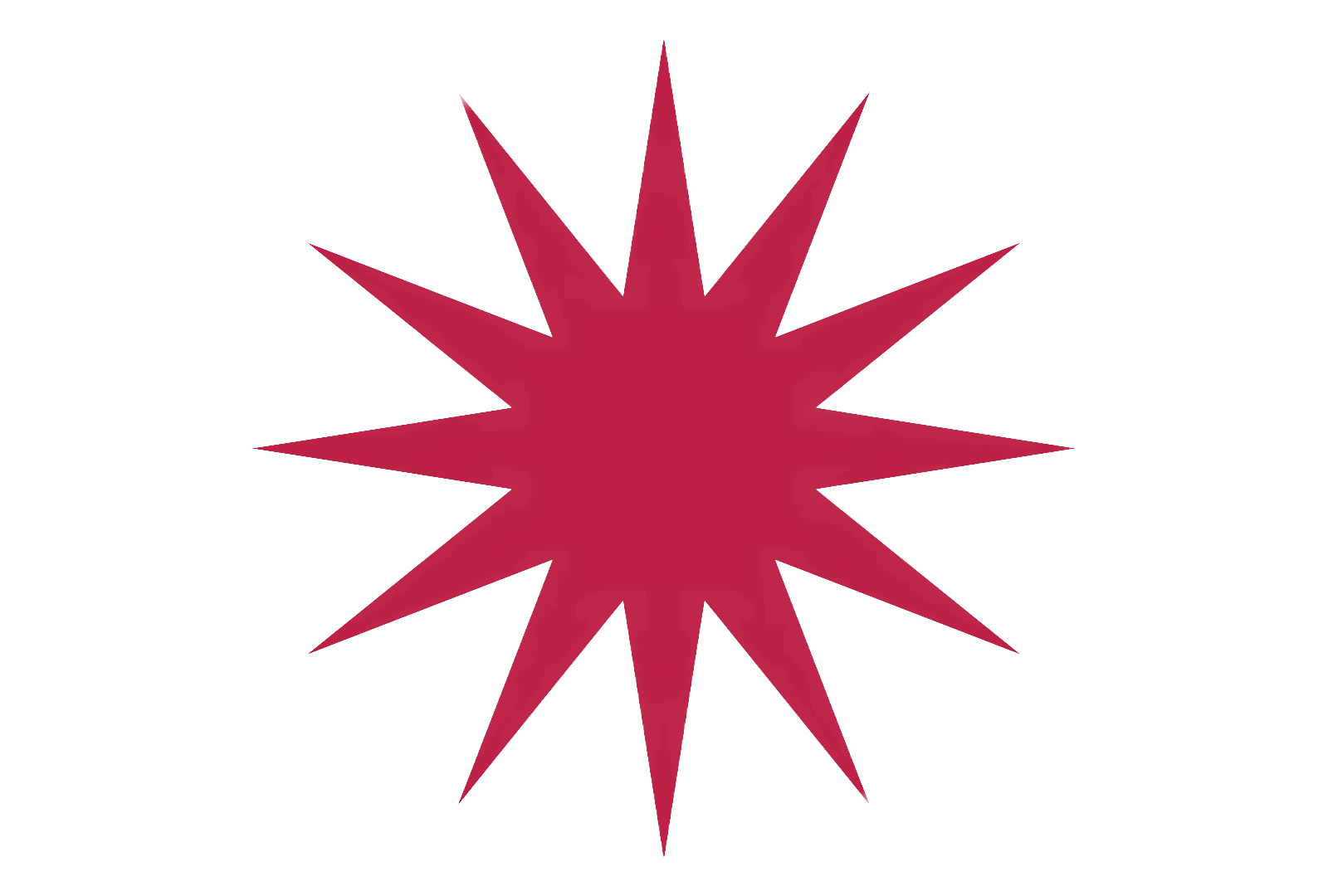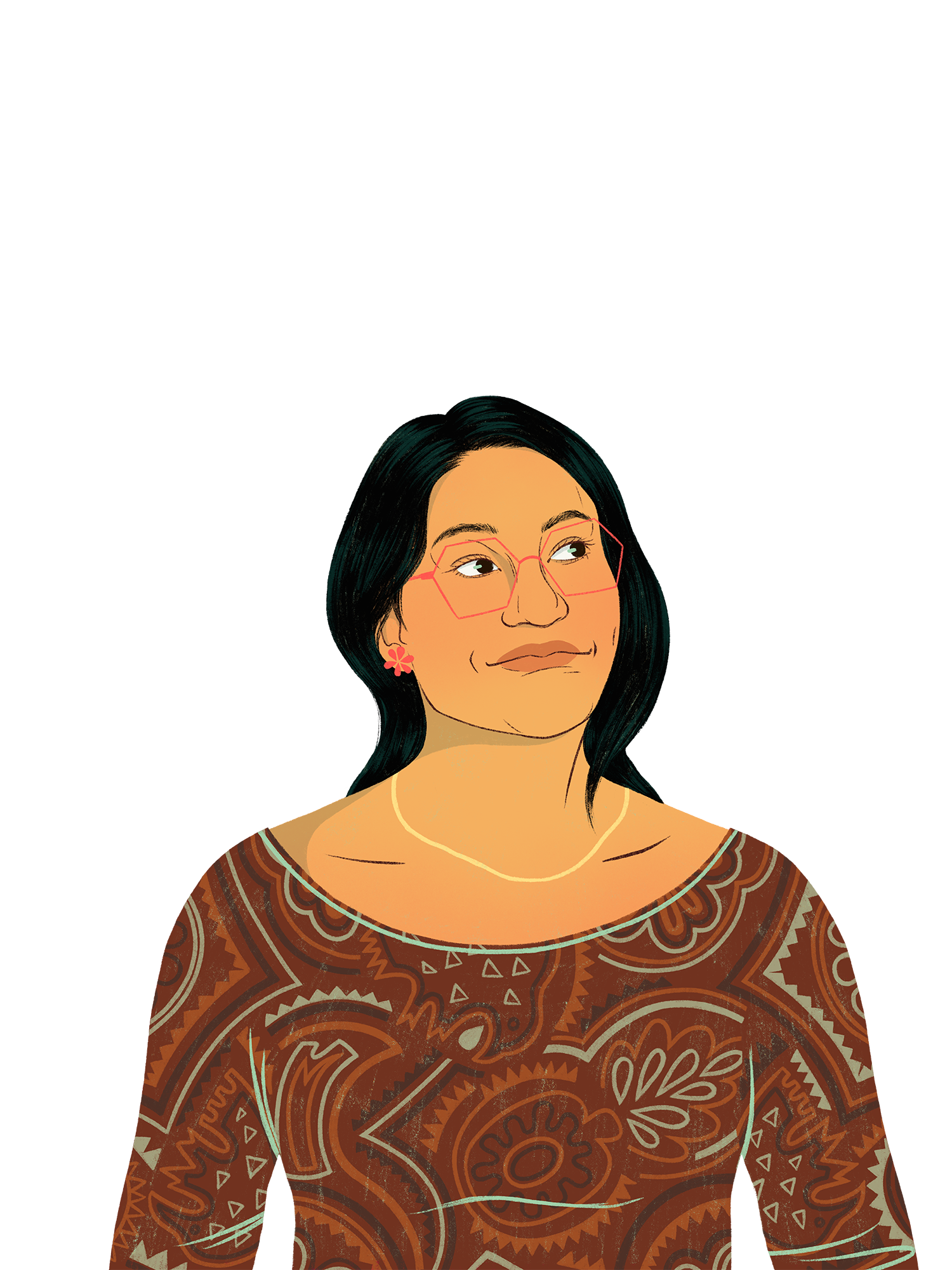
Section Styles spotlight-header
I am a
PROCESS SCIENTIST
Diandra Martínez Cano
Presented by the AMGEN FOUNDATIONBEFORE WE CAN TURN DISCOVERIES INTO MEDICINES, WE HAVE TO MAKE SURE THE PROCESS WILL WORK.
As a Process Scientist, I run experiments to test whether particular molecules can be safely reproduced to create treatments for diseases.
MY WORK SETTING
Indoor vs. Outdoor
I spend all of my time working inside the lab or at a desk.
People vs. Alone
I spend a lot of my time collaborating with other scientists, although I also do a fair bit of work independently.
Creative vs. Defined
We are sometimes the first ones to see how something works, but we must also follow defined protocols.
-
One aspect of biotechnology is discovering molecules that can be used to treat diseases. Once a research team discovers one of these molecules, which we call "therapeutic molecules", we have to make sure it can actually be produced and isolated at large scales. That's where I come in. Molecules (like proteins) are often surrounded by "impurities", or other molecules or debris that we don't want. I run experiments to try to figure out whether we can isolate and purify a potential therapeutic molecule (which means removing all those impurities) well enough to use it in treatments.
-
At Amgen, we work in teams, and each team consists of different kinds of scientists who play a unique role in the process. On my team, we use filtration and chromatography as our primary tools. Chromatography is a technique that allows us to isolate specific parts of a substance. It involves a mixture, including the target protein that interacted with compacted beads contained in a column. We use a variety of tools to figure out whether the molecules we're interested in can be purified and isolated at a large scale. If they can, we're helping develop the process that other teams at our company should take to get them ready for real world applications, like new medicines.
-
The initial discovery of a "cure" or treatment for a disease is really only the beginning of drug development. Most of the work is about figuring out how to turn a discovery into a medicine that can actually scale in the real world. There are a lot of pieces to that, and my piece is helping to test and built those processes. Not every discovery becomes a real world treatment, but it's really rewarding being part of the process. It takes a lot of different people doing their part and working together. On a personal level, I’m grateful that I can contribute to a healthier society in a way that I enjoy.
My work needsEssential Skills:
PERSISTENCE
Our processes are time-sensitive, as we want to bring drugs to patients in need as quickly as possible. It can take years, and a lot of troubleshooting, to go from discovery to real world medicine.
TEAMWORK
Every phase of the drug development process is led by a different team. We must communicate amongst ourselves as well as collaborate with each other to make things work efficiently.
CREATIVITY
We are always finding unique issues during our work that require us to think outside the box to identify a strategy to solve the problem.
LEADERSHIP
As a leader, I must be able to define the strategy and make decisions that will help move our team forward in the experiment process.
DAYS IN THE LIFE
Days in the Life
Come along and explore what three days at my job might look like!
How I Work
Check out what my place of work looks like on an average day.
This is what (a mix of) my workspace looks like!
Cartoons. I love throwing them into my presentations!
Bottles. We have a range of containers for holding our buffers.
Lab Equipment. Our chromatography machines are large, advanced equipment. We need to wear safety gear to operate inside the lab.
A Sushi Lego. A little something fun and playful to keep me happy.
Laptop. A lot of my work requires software for analysis and writing.

Did you know...A huge part of drug discovery involves failed experiments.
When you hear the word "discovery," you might picture scientists finding a miracle cure on their first try, but in reality, it's a lot more complicated than that. In the world of drug discovery, many "discoveries" don't amount to much because the molecule or protein can't be processed safely and effectively at scale. Imagine finding a potential cure for a disease, but then realizing it breaks down in sunlight or can't be produced in large quantities. This is why a huge part of drug discovery involves a lot of failed experiments and why so many scientists work not just on discovering new molecules, but on figuring out the recipe and protocols for getting those molecules to work as real-world medicines.
A lot can go wrong in the process of turning a discovery into a medicine. Purification, stability, and the ability to replicate results are all critical factors that scientists must get right. For instance, scientists may discover a molecule that shows promise in a petri dish but falls apart when exposed to body fluids. Or a protein might be effective in small lab tests but can't be produced in large enough quantities for real-world use. This is why patience and persistence are key. Scientists have to approach drug discovery as a long-term investigation, trying out lots and lots of different things to figure out which one might work best. It's like a puzzle and a treasure hunt combined. Just because you didn't find the treasure under the first few rocks doesn't mean you give up; you keep searching until you get there.
Drug discovery is full of these stories where persistence and careful, detailed work lead to breakthroughs that can change the world. So, remember, in science, every failure is just another step toward success!
Rewarding
These are the parts of my job I find particularly rewarding.
Constantly adapting to new knowledge and technologies.
Getting to hear from patients when something we helped create is actually helping them feel better.
But everyone is different! Drag the circles to place them where you rate them.
Challenging
These are the parts of my job I find particularly challenging.
Working in a fast-paced environment with a lot of pressure to get things done quickly.
Working on teams where there can be a lot of personalities, but you have to collaborate, even when you might not get along.
Section Styles movable
These are the people I work with:
Engineers / Manufacturing
We work across teams to make sure all of the moving parts are coordinated.
Protein Engineers
They may be the ones who figured out what molecule we should investigate next, so we work closely with them.
Other Process Scientists
Our teams are extensive. We have several teams working on different elements of the process, and we all need to work together to test and build processes that make sense for real world medicines.
WHAT’S NEXT?
What’s next for my field of work?Failure is always going to be part of the scientific process, but AI could help us identify directions that won’t work faster and without wasting time and resources.
Using AI to Predict Outcomes.
There are so many possible therapeutic molecules, and so many factors that could make them work or not work as part of practical treatments. Right now, it’s all up to researchers to think through every possibility and decide which ones to investigate further.
As AI continues to evolve, it may be able to make this process more efficient by making predictions and helping us narrow down our options more quickly. Simulated data that is analyzed by AI could, for example, eliminate a lot of potential candidates for vaccines before we invest a lot of time and resources into figuring out that they won’t work. That means focusing human efforts on the highest potential molecules, and getting new medicines to market faster.
Looking for teacher resources?
PHOTOGRAPHER: Tandem Photo • Illustrator: Nicole Medina© 2024 THE PLENARY, CO. ALL RIGHTS RESERVED. TERMS. PRIVACY.This is a brand new site! See an issue? Let us know.



















